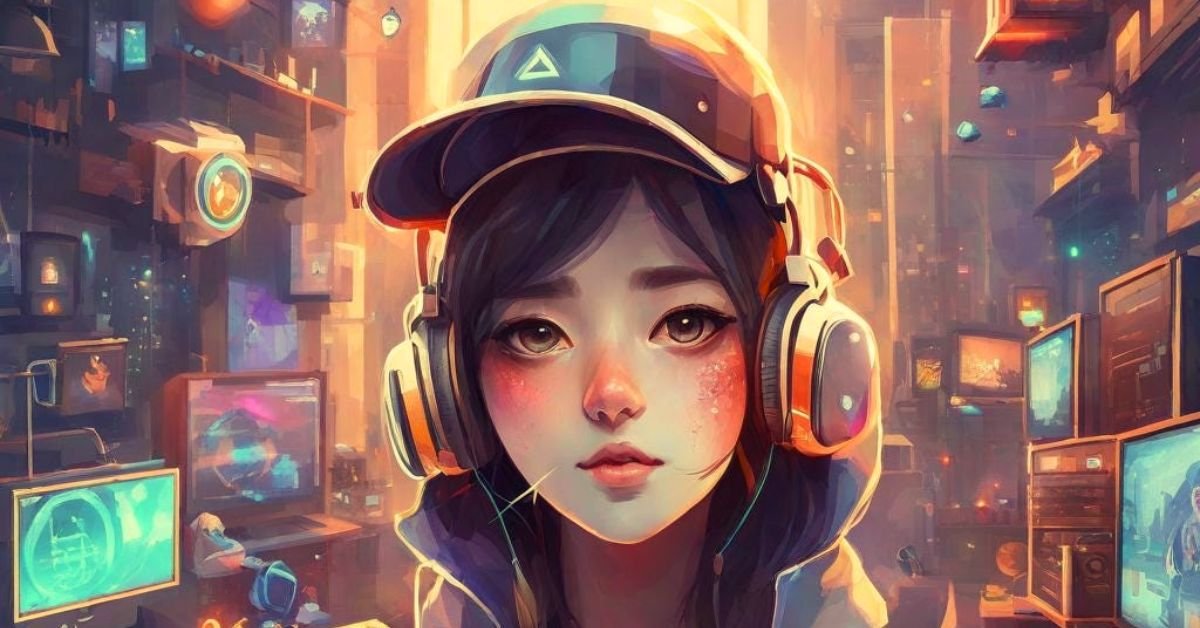The Metaverse is rapidly reshaping the landscape of online gaming, offering new dimensions of interactivity, immersion, and creativity. As a digital universe that merges virtual reality, augmented reality, and the internet, the Metaverse is poised to redefine how games are designed, played, and experienced. This transformation is not just a trend but a significant evolution in the gaming industry. Here’s a closer look at how the Metaverse is revolutionizing online gaming.
Expanding Game Worlds
- Boundless Environments: Traditional online games often feature isolated worlds with defined boundaries. In contrast, the Metaverse provides vast, interconnected virtual spaces that extend beyond the limitations of individual games. Players can traverse multiple game environments seamlessly, creating a more expansive and continuous experience.
- Persistent Worlds: Metaverse platforms feature persistent worlds that evolve over time, even when players are not logged in. This means that game environments are continuously developing, with dynamic events and changes that reflect player actions and interactions across the entire virtual universe.
Enhanced Immersion and Interaction
- Virtual Reality (VR) Integration: The Metaverse leverages VR technology to create fully immersive gaming experiences. Players can engage with game worlds using VR headsets, feeling as though they are physically present within the game. This heightened sense of presence enhances gameplay and allows for more intuitive interactions.
- Augmented Reality (AR) Experiences: AR enhances gaming by overlaying digital elements onto the physical world. Through AR, players can interact with game content in their real-world environment, bridging the gap between virtual and physical experiences. This integration adds a layer of depth and interactivity to gameplay.
New Social Dynamics
- Social Hubs: The Metaverse transforms online gaming into a social experience by incorporating communal spaces where players can meet, chat, and collaborate. These social hubs act as virtual gathering places where players can socialize outside of gameplay, fostering a stronger sense of community.
- Collaborative Gameplay: Multiplayer games within the Metaverse encourage collaborative gameplay, allowing players to work together on complex tasks or projects. This can include joint missions, creative building projects, or organizing virtual events, enhancing the social aspect of gaming.
Economic Opportunities
- Virtual Economies: The Metaverse introduces robust virtual economies where players can buy, sell, and trade digital assets. In-game items, virtual real estate, and other digital goods can be monetized, creating economic opportunities for players and developers alike.
- Blockchain and NFTs: Blockchain technology and non-fungible tokens (NFTs) are integrated into the Metaverse, enabling unique ownership of digital assets. NFTs allow players to own and trade rare in-game items, characters, and other assets, adding a new dimension to the gaming economy.
Creative and Customizable Experiences
- User-Generated Content: The Metaverse empowers players to create and customize their own game content. From designing virtual worlds to developing unique game mechanics, players have the tools to shape their gaming experiences and contribute to the broader Metaverse.
- Cross-Platform Integration: Games within the Metaverse can interact with one another, allowing for cross-platform integration. This means that assets, characters, and experiences from one game can be used in another, providing a cohesive and interconnected gaming ecosystem.
Evolving Game Design
- Narrative Flexibility: Metaverse gaming allows for more flexible and adaptive storytelling. Game narratives can evolve based on player choices and interactions across different virtual spaces, leading to more personalized and dynamic experiences.
- Expansive Content Creation: Developers have the opportunity to create expansive and immersive content that extends beyond traditional game design limits. The Metaverse’s interconnected nature enables complex narratives and interactive experiences that were previously unfeasible.
Challenges and Considerations
- Technical Complexity: The integration of VR, AR, and blockchain technologies introduces technical challenges. Ensuring smooth and seamless experiences across various platforms and devices requires sophisticated development and infrastructure.
- Privacy and Security: As gaming within the Metaverse becomes more integrated with personal data and economic transactions, privacy and security concerns arise. Safeguarding user information and digital assets is crucial for maintaining trust and ensuring a safe gaming environment.
- Digital Divide: Access to advanced technology required for Metaverse gaming can be limited for some players. Addressing the digital divide and ensuring equitable access to Metaverse experiences is important for inclusive participation.
Conclusion
The Metaverse is profoundly transforming online gaming, offering new levels of immersion, interaction, and creativity. By expanding game worlds, enhancing social dynamics, and introducing innovative economic models, the Metaverse is setting the stage for a new era in gaming. As technology continues to advance and the Metaverse evolves, the future of online gaming promises to be more interconnected and immersive than ever before. Embracing these changes will enable players and developers to explore new possibilities and shape the future of gaming in this exciting digital frontier.
